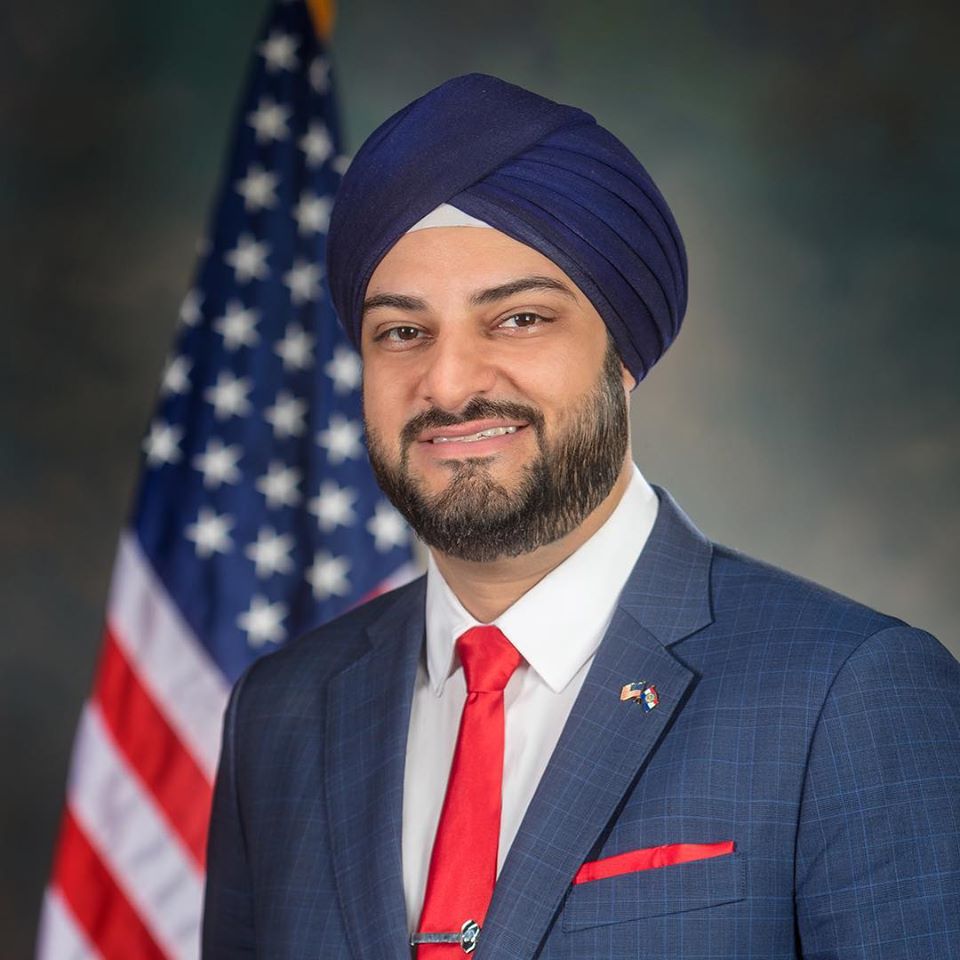Watching a loved one go under the knife for a procedure that could cause significant complications or death is a harrowing experience.
Several years ago, my elderly father had a kidney transplant, and I will never forget the way I felt that day. For those who have never had to experience an organ transplant or care for an organ transplant recipient, take my word for it, the recovery process is long and arduous. For example, just to ensure that my father’s body didn’t completely reject his new organ, he had to take immune suppression medication twice a day like clockwork for months and essentially isolate as any type of common infection could have proved deadly.

In the months following my father’s transplant, my family became more familiar with the Medicare system than we ever thought we would. As you might imagine, his procedure and follow-up care would have been quite expensive if it were not for the support we received through Medicare. I’m not sure what we would have done without it, and more than anything, I am just incredibly grateful the program was there for us when we needed it.
However, thanks to legislation in Washington aimed at redesigning how parts of Medicare operate, I am worried that the same system that helped save my father’s life might not be there for us when we need it again.
You see, in order to find funding for infrastructure and Medicare expansion, lawmakers are looking to repeal certain patient protections in Medicare that would pave the way for the government to engage in Medicare cost “negotiation.”
While it is true that allowing the government to “negotiate,” or set the prices of medicines in Medicare, could raise enough funds to support new programs, the tradeoff would be less access and choice for Medicare beneficiaries. That means patients like my father who rely on Medicare for prescriptions drug access could be denied their medications at any time if the price set by the government is not met by private industry.
For families like mine, this tradeoff is unacceptable and the majority of Americans agree with me to the tune of 65% opposing Medicare negotiation if the policy could lead to diminished access to new medications.
Fears of complications with my dad’s procedure kept me up at night. The only notion that brought me any peace of mind was not having to worry about access to the best available treatments through Medicare.
At the end of the day, our elected officials have a responsibility to protect our most vulnerable patients, and that means protecting Medicare.

Karan Pujji is from Creve Coeur, a family caregiver, and business owner.









